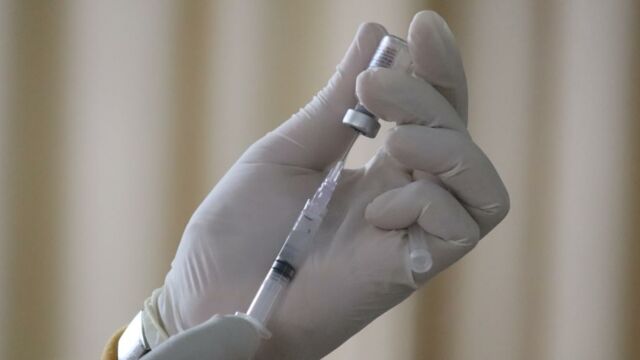New research has been conducted by scientists that could change the face of the medical industry. Researchers have developed a design for producing millions of doses of a new vaccine in less than 100 days. As per their claims, it might save countless lives.
Discover our latest podcast
The new discovery might lead to vaccine development in as little as 100 days from the time a virus is discovered. Further, the study ensures that clinical trials could also take place in just 60 days.
Masterminds
It comes after AstraZeneca Plc announced on Tuesday that it is collaborating with Oxford University to develop a vaccine for the novel Omicron strain. Omicron has proved to be a highly transmissible variant and may cause problems in the future. A spokesperson for AstraZeneca confirmed:
Together with Oxford University, we have taken preliminary steps in producing an Omicron variant vaccine, in case it is needed and will be informed by emerging data.
According to the researchers behind the project, this design would help in achieving the Coalition for Epidemic Preparedness Innovations (CEPI) ‘moonshot’ goal. With this development Oxford's ChAdOx vaccines, such as the Oxford/AstraZeneca COVID jab, could meet the goal of compressing vaccine production timeframes. The paper gives details on how rapidly a novel adenovirus-vectored vaccine may be manufactured on a massive scale.
Time is money
If factories were on standby to apply the new method presented, one billion vaccine doses could be produced in 130 days after a new virus is identified. That makes it one-fourth of the time it currently takes for the COVID vaccines to develop. Dr Sandy Douglas, who leads the vaccine production research department in the Jenner Institute, at the University of Oxford commented:
When a new virus is identified, vaccine production is a race against time. Some people think that adenovirus-vectored vaccines are slow to manufacture - and that's just not true.
The report also discusses how bulk manufacturing could be improved in the future to nearly triple vaccine production rates from each vaccine facility while lowering costs. Dr Douglas also added:
The process of bulk manufacturing, filling into vials, and testing takes pretty much the same length of time for most vaccines. The thing that can vary is how long it takes to prepare to start manufacturing.















